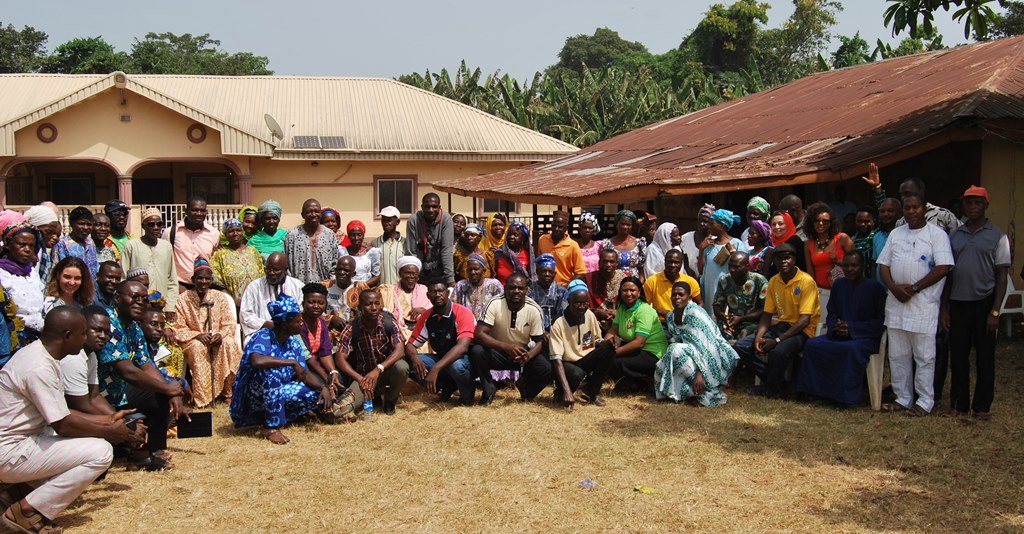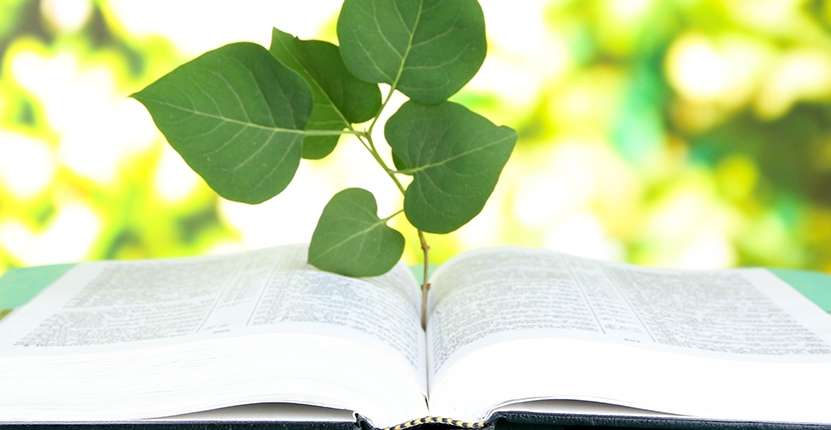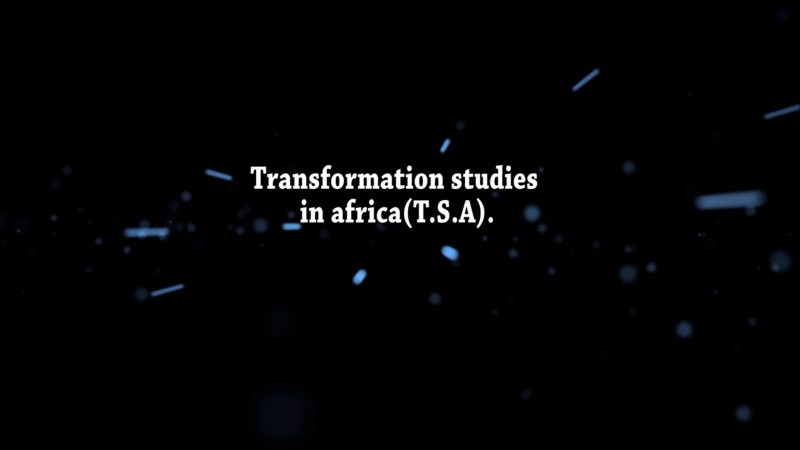The goal of ACIRD is to establish new templates for doing research in and for Africa. For centuries, we were a people spoken about, spoken for and spoken against by foreigners. We read about who we are from what others said and wrote about us. ACIRD seeks to assert the right of Africans to speak in their own language and metaphors. We must reclaim our right to cognitive freedom, if we truly seek to be free.
Africa must be aware of, and fight against the coloniality of knowledge and Epistemicide, which are modern forms of colonization, by evolving and e-ducing its own research methods and research methodologies suited to and geared towards African epistemological emancipation. It is no accident that the golden age of modern medicine and drug discovery, from 1900 to 1950, was the period when science was not yet disconnected from nature, when scientists tilled the soil, sharpened their gifts of observation of nature and the human body, and were in touch with the natural environment.
Gradually, the modern world is beginning to recover the true meaning of research. RE- SEARCH: to search for something that was once known but forgotten, to look again for what is missing. In fact, there is a connection between RE-SEARCH and RELIGION, from the Latin word RELI-GARE (to re-bind, re-unite, re-connect with a higher power). True scientists are spiritual by nature. Science does not and cannot create. Science only tries to re-discover, to re-fine, to re-interpret, re-design, re-confirm and re-search what is already there in nature. Call it what you wish, describe it as you like, call it what you want: chemistry, physics, agronomy, botany, microbiology, medical science, biology, anatomy, engineering, biochemistry; psychology, sociology, anthropology, economics, it still boils down to the same thing: NATURE.
The world has not failed to appreciate the zeal and passion with which the African elite pursued the myth of the Independent nation-state in the 20th century. In the 21st century, a knowledge-driven sustainable development must be pursued more forcefully to narrow the growing knowledge divide, which will not be achieved in large parts of Africa without a profound reform of knowledge. African societies must seriously take up the tremendous knowledge challenges they face. They must invest massively in knowledge to improve the social soil and environment on which it grows, keep abreast of knowledge development, set in motion dynamic knowledge-creating processes, reduce knowledge deficits, free knowledge from impurities, strengthen knowledge infrastructures and institutions, fight knowledge obsolescence and increase knowledge performance. They must embark on a new adventure of knowledge leading to integral knowledge-led sustainable development. ACIRD has taken up the challenge of filling part of the knowledge deficit prevalent in Africa. The journey to a true PAX AFRICANA has begun.






